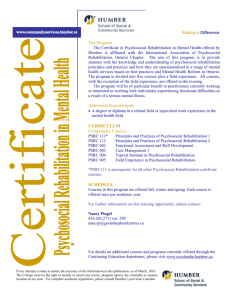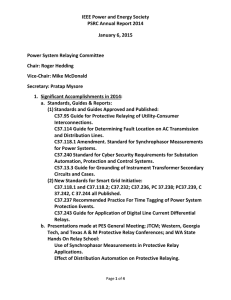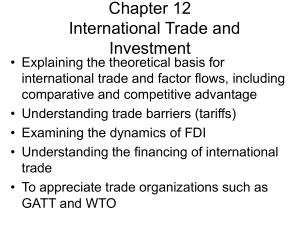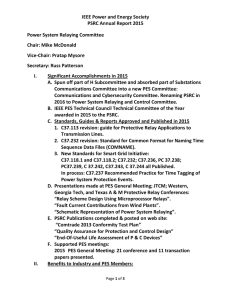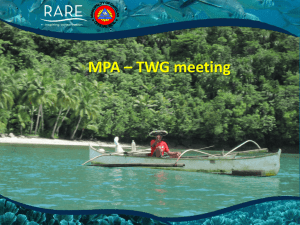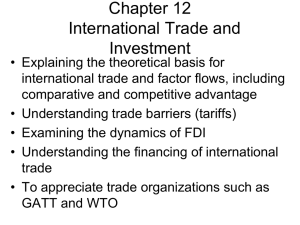PSRC SoundCast Technical Working Group (TWG) First Meeting
advertisement
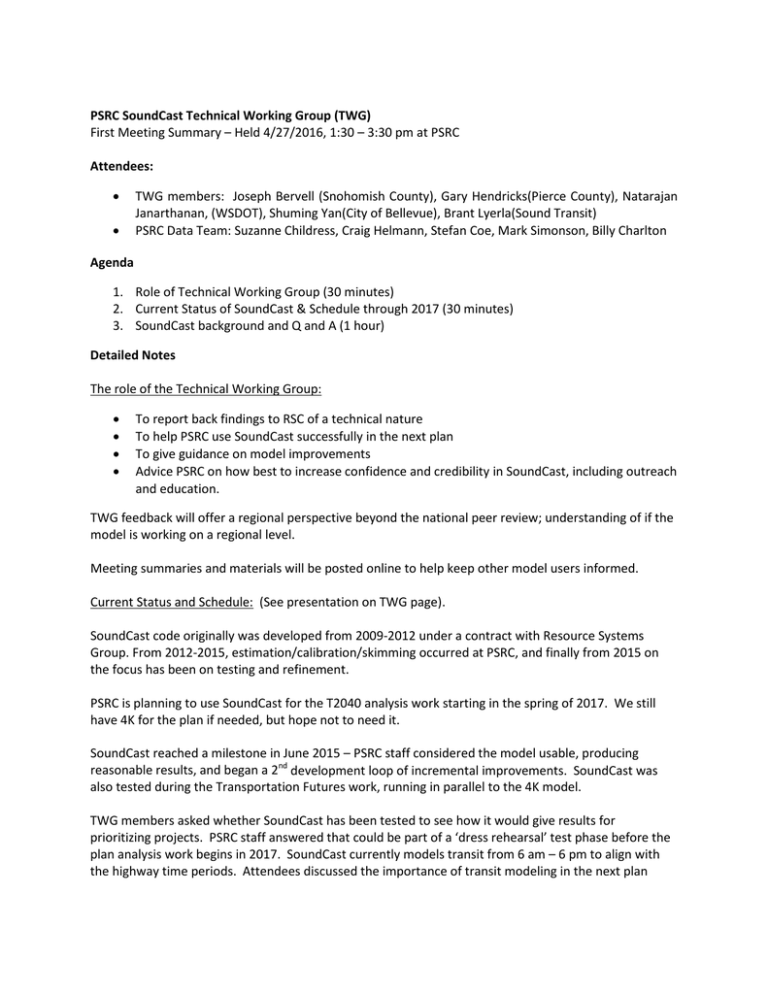
PSRC SoundCast Technical Working Group (TWG) First Meeting Summary – Held 4/27/2016, 1:30 – 3:30 pm at PSRC Attendees: • • TWG members: Joseph Bervell (Snohomish County), Gary Hendricks(Pierce County), Natarajan Janarthanan, (WSDOT), Shuming Yan(City of Bellevue), Brant Lyerla(Sound Transit) PSRC Data Team: Suzanne Childress, Craig Helmann, Stefan Coe, Mark Simonson, Billy Charlton Agenda 1. Role of Technical Working Group (30 minutes) 2. Current Status of SoundCast & Schedule through 2017 (30 minutes) 3. SoundCast background and Q and A (1 hour) Detailed Notes The role of the Technical Working Group: • • • • To report back findings to RSC of a technical nature To help PSRC use SoundCast successfully in the next plan To give guidance on model improvements Advice PSRC on how best to increase confidence and credibility in SoundCast, including outreach and education. TWG feedback will offer a regional perspective beyond the national peer review; understanding of if the model is working on a regional level. Meeting summaries and materials will be posted online to help keep other model users informed. Current Status and Schedule: (See presentation on TWG page). SoundCast code originally was developed from 2009-2012 under a contract with Resource Systems Group. From 2012-2015, estimation/calibration/skimming occurred at PSRC, and finally from 2015 on the focus has been on testing and refinement. PSRC is planning to use SoundCast for the T2040 analysis work starting in the spring of 2017. We still have 4K for the plan if needed, but hope not to need it. SoundCast reached a milestone in June 2015 – PSRC staff considered the model usable, producing reasonable results, and began a 2nd development loop of incremental improvements. SoundCast was also tested during the Transportation Futures work, running in parallel to the 4K model. TWG members asked whether SoundCast has been tested to see how it would give results for prioritizing projects. PSRC staff answered that could be part of a ‘dress rehearsal’ test phase before the plan analysis work begins in 2017. SoundCast currently models transit from 6 am – 6 pm to align with the highway time periods. Attendees discussed the importance of transit modeling in the next plan update as integrated system planning will be underway. We need to make sure we are accurately accounting for details around transit like walk-access. Note that the T2040 2018 update is currently not being envisioned as a major scenario building process. More interest in how to explain outputs and demonstrate the benefits of the plan. The next major step for SoundCast is to update the model to a 2014 base year, before moving into a recalibration phase. Basics of SoundCast: (See presentation on TWG page). PSRC staff reviewed some of the basics of how SoundCast works, drawing materials from previous presentations and extensive documentation available on PSRC’s website. TWG members asked about the effects of random seed variation on model results. Everyone agreed some testing should be done to understand and account for this aspect of the choice models. Next Steps The group requested more tests and display of model outputs. Gary requested the summary of 4K volumes, SoundCast volumes, and counts on individual links. This had been requested a few months ago, but PSRC wanted to make sure that everything that could be synced up was actually synced – such as externals, etc. Other potential tests that could be provided include: • • • • running the model with different seeds and looking at results additional results from the SoundCast ‘shadowcasting’ tests run in 2015. comparing 2010 and 2014 results, performing 2014 validation without calibration yet early results from testing a BKR implementation of SoundCast. PSRC staff will follow up with specifics for the next meeting, scheduled for Wednesday, May 25th, 1:30 – 3:30 pm at PSRC.
